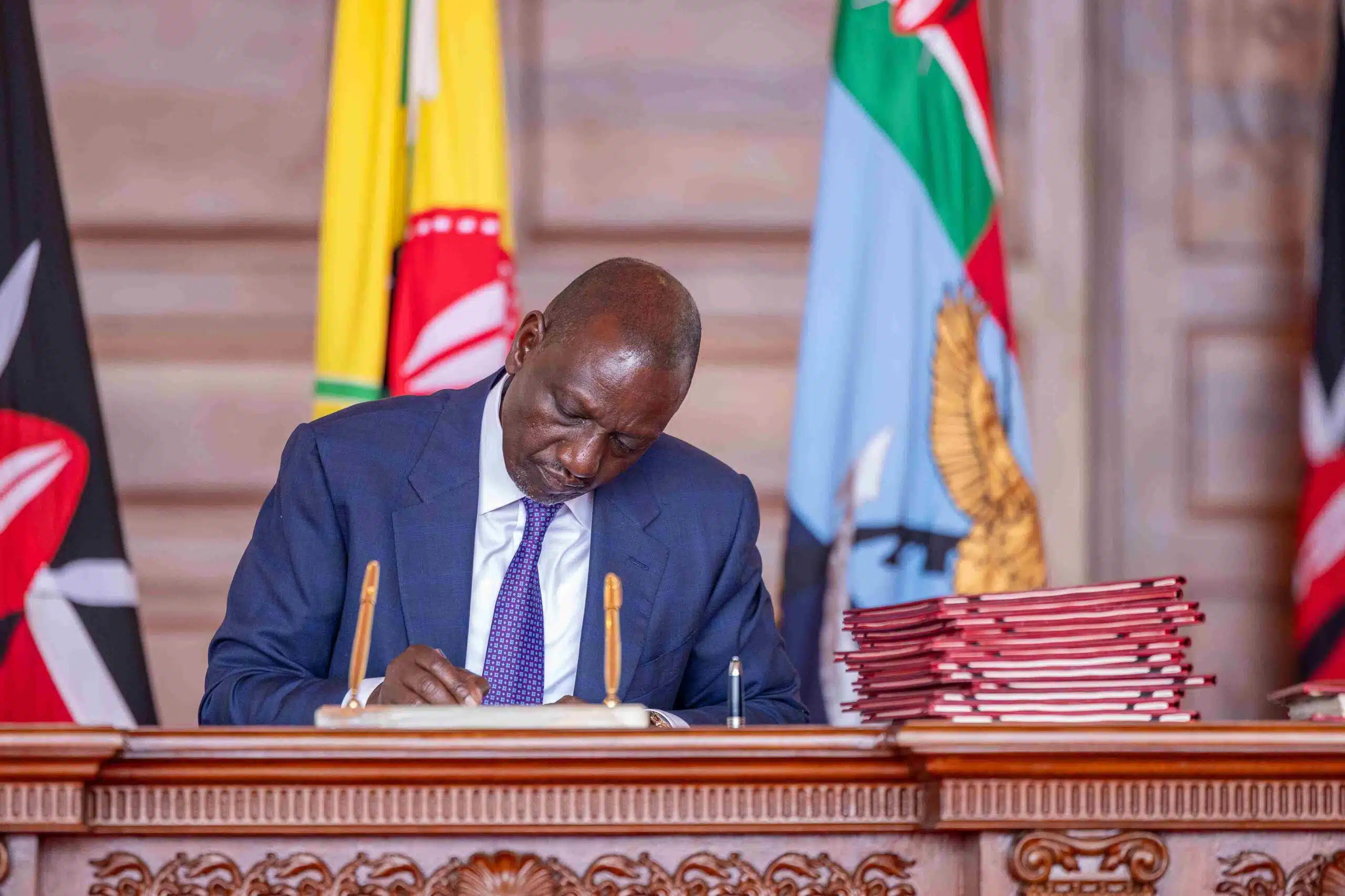A bill to increase the minimum share capital for insurance companies has scaled through the Red Chambers of the Nigerian National Assembly.
The Insurance Reform Bill, 2024 sponsored by Senator Mukhail Abiru, proposes ₦15 billion as the minimum capital requirement for non-life insurance companies, up from ₦3 billion; ₦10 billion for life assurance, up from ₦2 billion; and ₦35 billion for reinsurance businesses, up from ₦10 billion.
The bill was introduced to enhance the regulatory framework for insurance in Nigeria. It also aims to provide clarity and consistency in the regulation of insurance businesses by the National Insurance Commission (NAICOM) across the different types of insurance available to Nigerians.
Provisions of the bill.
Section 15 of the bill proposes that a person shall not carry out an insurance business in Nigeria unless the insurer has and maintains the minimum capital requirement.
By the bill, the proposed minimum share capital for different types of insurance are:
- For non-life insurance business – either ₦15,000,000,000 or risk based capital determined by the Commission, whichever is higher.
- For life assurance business – either ₦10,000,000,000 or risk based capital determined by the Commission, whichever is higher.
- For reinsurance business – either ₦35,000,000 or risk-based capital determined by the Commission, which is higher,” the bill read.
The Senate Committee on Banking explained that the increase is necessitated by depreciation in the value of the currency and the Finance Act 2022, which has redefined the composition of the capital, inflation, international competitiveness, and AfCFTA competitiveness.
Section 15 (2) stipulates that in determining the risk base capital, the Commission shall take into consideration the capital for insurance risk, market risk, credit risk and operational risk. It shall apply such capital charges on assets and liabilities as shall be determined from time to time.
By Section 15 (3), the minimum capital requirement may, in the case of a new company, consist of one or more government bonds and treasury bills, cash and its equivalent.
For insurance houses existing before the bill becomes law, the minimum share capital will be calculated as the excess of assets over liabilities, the amount of own shares held by the firm; subordinated liabilities subject to approval by the Commission and any other financial instrument as may be prescribed by the commission.
Section 16 of the bill stipulates that a new insurer shall deposit 50 per cent of the minimum capital requirement with the Central Bank Of Nigeria. Eighty per cent of the deposit shall be returned with interest no later than 60 days after registration. For existing companies, 15 per cent shall be deposited with the Apex Bank.
The bill also introduces a new subsection under section 76 which stipulates that 0.25% of the net premium received by every direct insurer shall be paid by every insurer into the Fire Services Maintenance Fund, which shall be established, administered and disbursed by the Commission for the purpose of providing grants or equipment to institutions engaged in firefighting services.
With this passage in the Senate house, the bill has now been transmitted to the House of Representatives for concurrence. If the lower House concurs with the provisions, it will then be transmitted to the country’s President for assent. If not, both chambers will set up a committee to harmonise their positions before transmitting it to the President.
If signed into law by the President, insurance companies operating in Nigeria before the passage of the bill must comply with the expected minimum capital requirements within 12 months of the bill becoming law.






